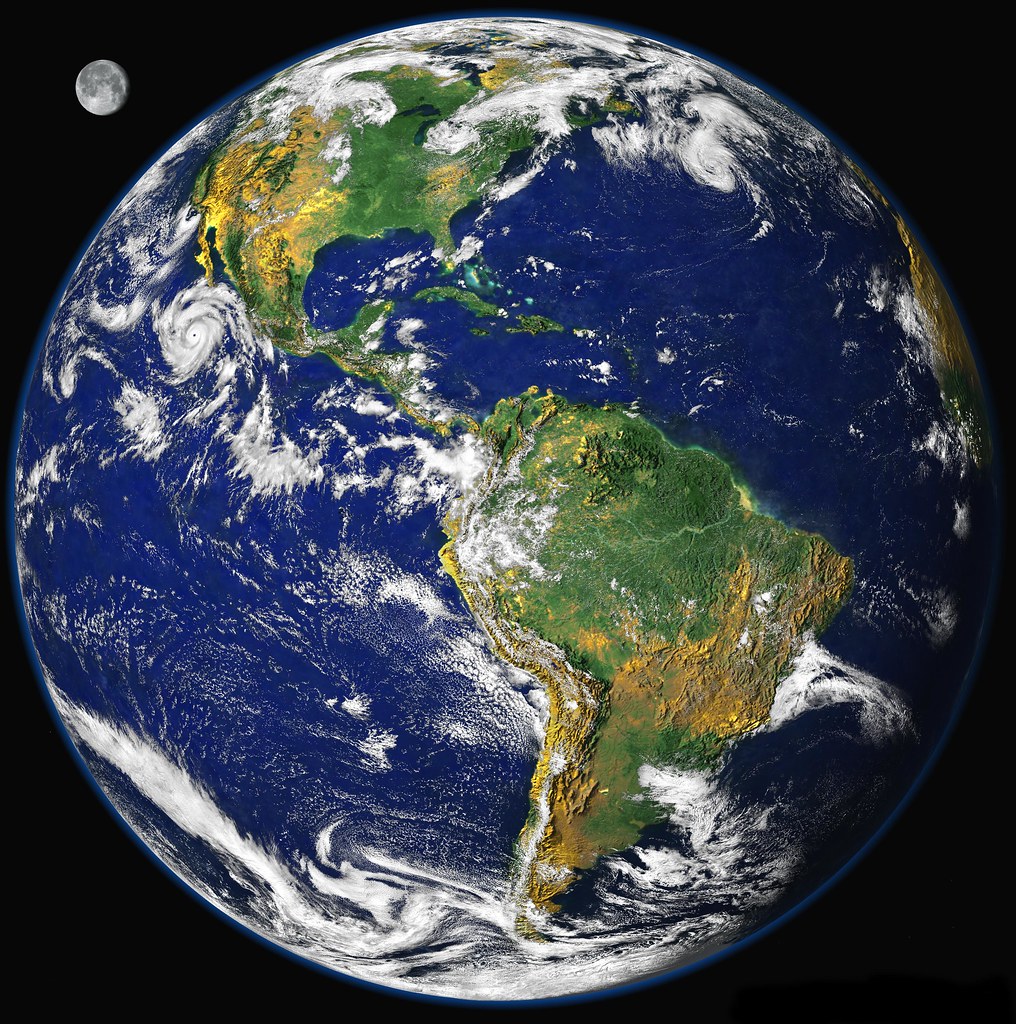Article
Women's Suffrage in Canada
Women’s suffrage (or franchise) is the right of women to vote in political elections; campaigns for this right generally included demand for the right to run for public office. The women’s suffrage movement was a decades-long struggle to address fundamental issues of equity and justice. Women in Canada, particularly Asian and Indigenous women, met strong resistance as they struggled for basic human rights, including suffrage. Representative of more than justice in politics, suffrage represented hopes for improvements in education, healthcare and employment as well as an end to violence against women. For non-white women, gaining the vote also meant fighting against racial injustices. (See also Women’s Suffrage Timeline.)







